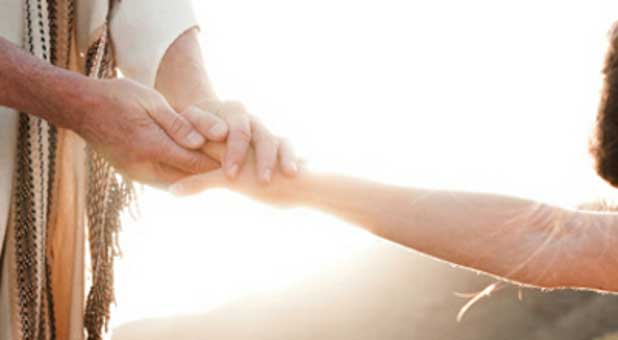Someone recently pointed out an interesting passage to me. I think there are some good lessons to learn from it.
“When Moses arrived in Midian, he sat down beside a well. Now the priest of Midian had seven daughters who came as usual to draw water and fill the water troughs for their father’s flocks. But some other shepherds came and chased them away. So Moses jumped up and rescued the girls from the shepherds. Then he drew water for their flocks.
“When the girls returned to Reuel, their father, he asked, ‘Why are you back so soon today?’
“‘An Egyptian rescued us from the shepherds,’ they answered. ‘And then he drew water for us and watered our flocks’” (Ex. 2:15-19 NLT).
Reuel, who we see from Exodus 18 was also called Jethro, later gave his daughter, Zipporah, to be Moses’ wife.
Here are several points:
- Women as well as men were shepherds in Moses’ time.
- Their father, Jethro, was the one who assigned them this task.
- These seven young women cared for their father’s flocks, bringing them regularly to get water.
- Other shepherds, not wild animals, made their task much more difficult by chasing them away from the well. (Was this because they were women?) One has the impression from Reuel’s comments when they arrive home that this was a daily occurrence. How sad!
- Moses, who is a type and foreshadowing of Christ, rescued the women from the other shepherds and helped them with their flocks by drawing water for them.
- By Exodus 3, Moses is looking after those same flocks. It’s while he’s doing this that he sees the burning bush.
What can we learn from this?
Adapted from Felicity Dale‘s blog, Kingdom Women. Felicity Dale is the author of numerous books, including Simply Church. She is an an advocate for women in the church and trains people to start simple, organic house churches around the world.











































